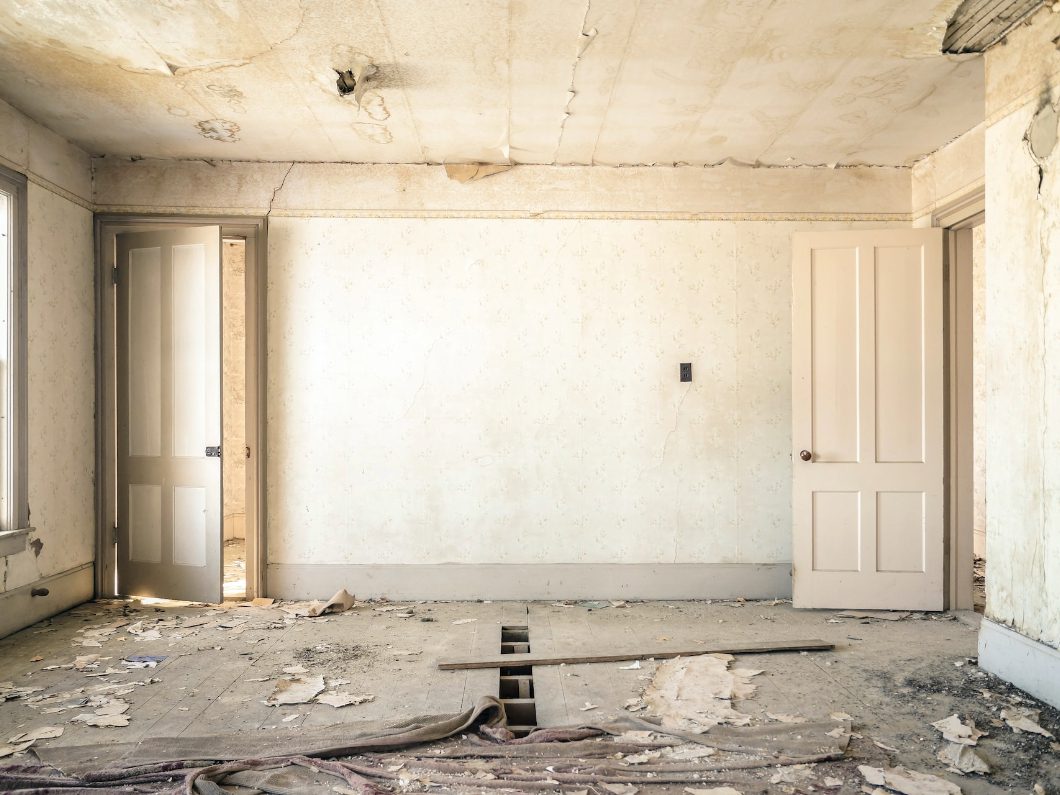Cross lease titles can be difficult to understand, so by way of a simple example let us imagine a two-flat cross lease scenario. In a two-flat cross lease, person A and person B own the underlying land as tenants in common. Both owners together lease flat 1 to person B, and both owners together lease flat 2 to person A. Both owners are the lessor of both flats but only person B is the lessee of flat 1 and only person A is the lessee of flat 2.
In addition to the lease of your particular flat, you might also have access to an “exclusive use” area such as a garden. Often there is also a “common area”, which person A and person B will share the use of, such as a driveway. The cross lease will set out rules around the use of this area, such as prohibiting parking on this area, littering or obstructing the area.
As the owner of a cross lease title, your rights are limited by the cross lease. The rights and obligations which bind cross lease owners are set out in the cross lease that is registered against the title.
It is likely the terms of your cross lease will require you to obtain the consent of the other cross lease owners to undertake structural alterations to your flat as well as changes to the external dimensions of the flat. This can become especially problematic when there are many flats involved. Additionally, changing the floor area of your flat will require new survey plans to be drawn up and registered on all titles (which includes obtaining consent of all mortgagees). Trouble often arises when alterations or additions have been made to the flat and have not had cross lease consent or been incorporated into the registered lease plan. If unresolved, a defect in title can have serious implications for your property.
Cross lease owners must not make the mistake of treating their flat or exclusive use area as if it were their sole property. Remember these areas are on property owned by all of the lessors.
On the other hand, freehold or fee simple title is the form of ownership most will be familiar with. Subject to powers given to some by law, fee simple owners have the right to exclude all others from their land, use and enjoyment and alienation. A fee simple title is perceived to be the best title to have in New Zealand. It generally has the least obligations and restrictions on owners and may even have an increased value in terms of potential sale price.
Particularly if there is an issue with a cross lease title that needs rectification, converting a cross lease to a fee simple title may be worth your consideration. It can be a costly process to convert to fee simple but if you are going to be incurring money correcting a title defect anyway, it could make sense to apply this toward freeholding. This process may involve a feasibility assessment, site survey, resource consent application, site construction, separation of services, council sign off, mortgagee consent, and application for new titles. The process can be costly and time consuming but you should start talking with a surveyor and considering whether conversion to fee simple might be worthwhile.
If you and your cross lease neighbours would like to convert your titles to a fee simple title, an important starting point would be the preparation of a subdivision agreement between yourselves and the neighbours. This makes sure everyone has agreed to the process and the costs involved. The property team at Gaze Burt would be delighted to assist you in this process.



